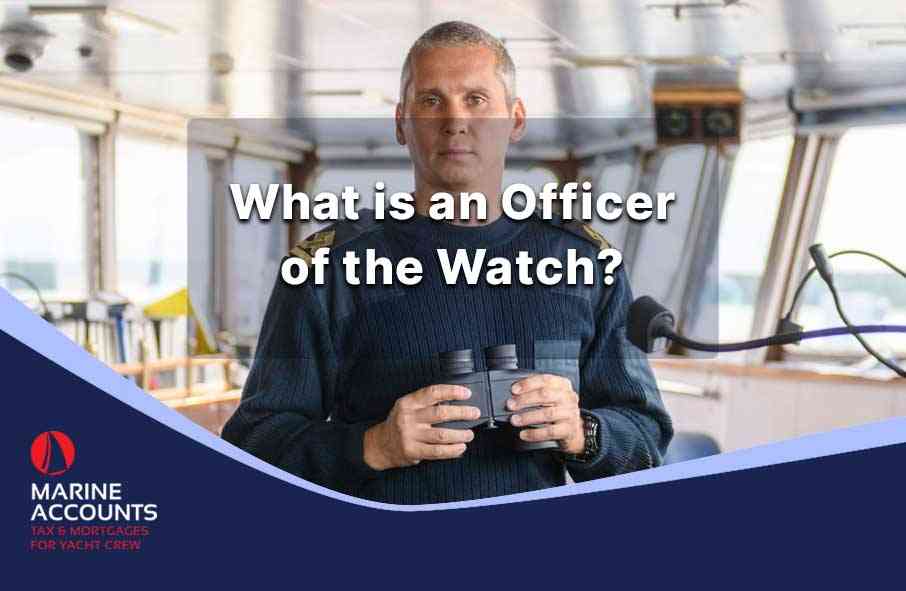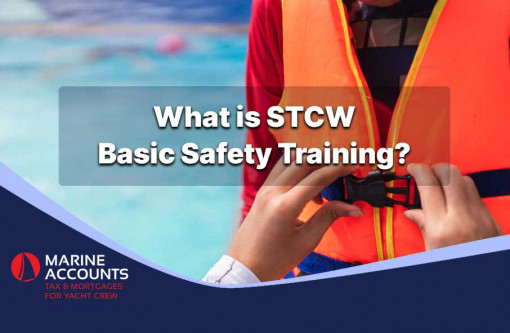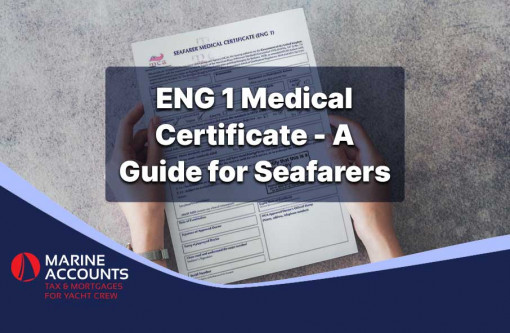The term Officer of the Watch (OOW) refers to the officer responsible for operating the vessel from the bridge and ensuring safe navigation at all times.
This role is assigned to a qualified deck officer and involves numerous key duties and responsibilities.
Let’s take a closer look at what this position entails and what skills and qualifications are required.
Chapters
- What Does an Officer of the Watch Do?
- Main Duties of an Officer of the Watch
- Required Qualifications and Training
- Why Become an Officer of the Watch?
- Conclusion
- Contact Us
What Does an Officer of the Watch Do?
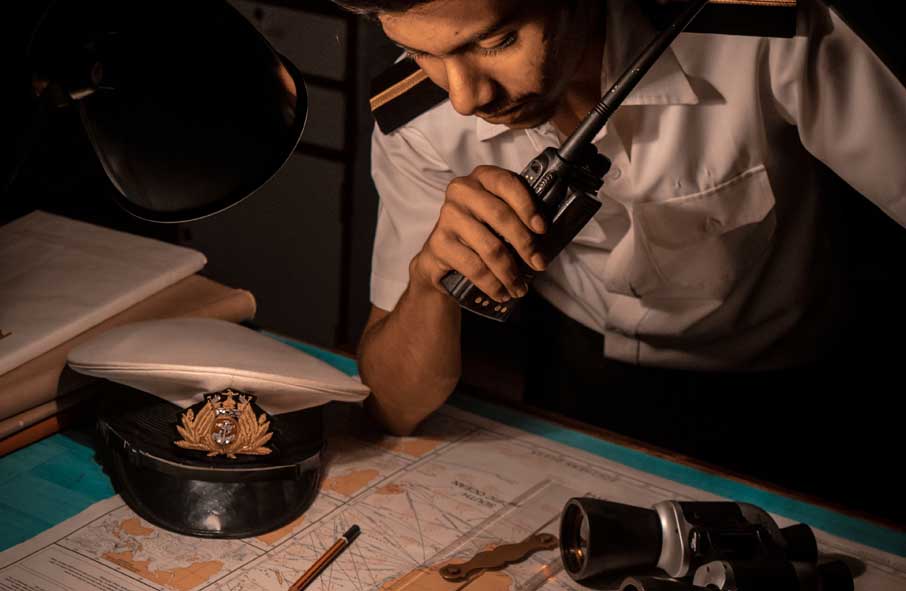
Image credit: Pexels
The Officer of the Watch is responsible for ensuring the safety of the vessel, its crew, passengers, and cargo.
They must maintain a constant lookout for other vessels and navigational hazards, monitor the ship’s position, and make any adjustments required for safe passage.
The OOW also manages the bridge team, monitors weather and sea conditions, maintains logbooks, and ensures that navigation and communication systems are functioning correctly.
Proficiency with systems such as the Electronic Chart Display and Information System (ECDIS) and Automatic Radar Plotting Aid (ARPA) is essential.
The Officer of the Watch must never leave the bridge unattended during duty hours and must hand over the watch according to established maritime procedures.
Main Duties of an Officer of the Watch
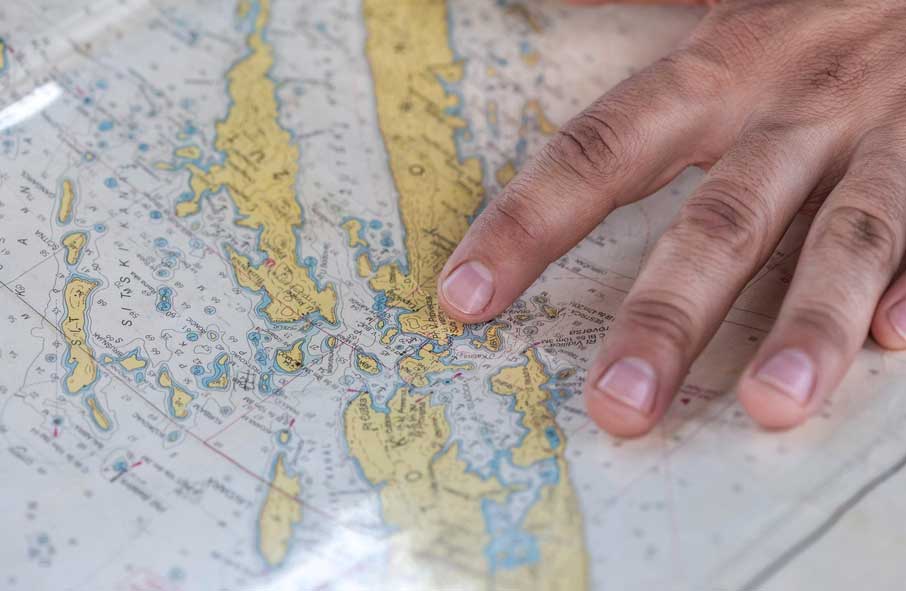
Image credit: Pixabay
The following are typical duties performed by an Officer of the Watch:
Compare Compasses
Regularly check the magnetic and gyro compasses to detect and correct any discrepancies that could affect navigation.
Check Soundings by Echo Sounder
Monitor sea depth using the echo sounder and account for any potential instrument error, especially in shallow waters.
Ensure Lookout and Helmsman Are Alert
Ensure that both the lookout and helmsman remain attentive to all conditions and potential hazards during the watch.
Check Position
Confirm the ship’s current position using navigational instruments and cross-check against plotted positions for accuracy.
Watch Handover
Conduct a thorough handover with the outgoing Officer of the Watch, including details about weather, messages, and ongoing communications with other vessels.
Check Log Entries
Review all log entries from the previous watch and clarify any unclear or unusual notes to ensure operational continuity.
Draft
Ensure the ship’s draft information is updated and displayed on the bridge for easy reference.
Check Gyro Errors
Verify the accuracy of the gyrocompass, as it plays a crucial role in navigation and course planning.
Maintain GMDSS Watch
Ensure compliance with Global Maritime Distress and Safety System (GMDSS) regulations and monitor all relevant frequencies for distress signals.
General Ship Checks
Carry out periodic rounds of the vessel to confirm all systems are functioning properly and there are no safety concerns.
Required Qualifications and Training
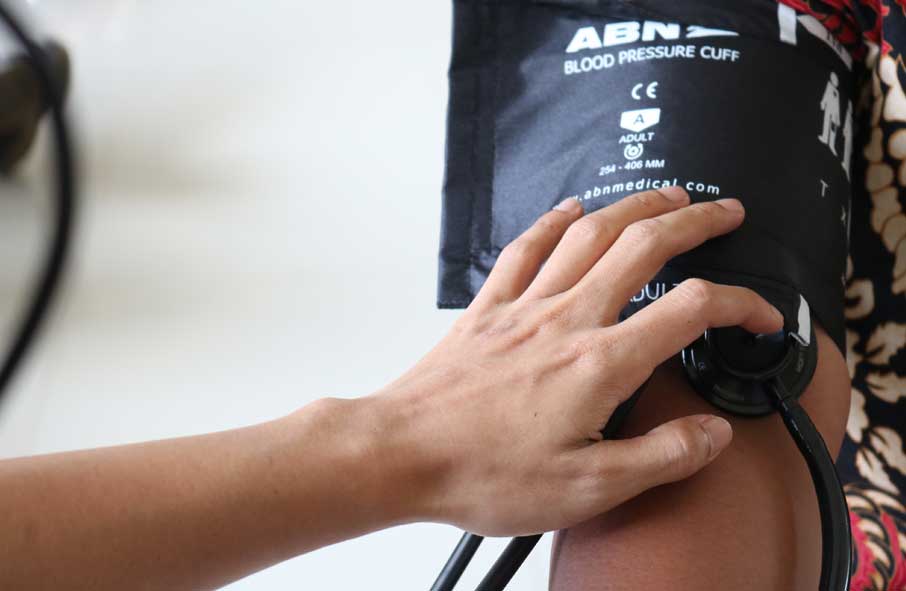
Image credit: Unsplash
To qualify as an Officer of the Watch, candidates must complete specialist maritime training and hold the appropriate certifications.
OOW Training
Training typically includes navigation, ship handling, communications, meteorology, and maritime law, offered by accredited maritime academies.
STCW Certificates
Completion of STCW Basic Safety Training is mandatory, covering firefighting, first aid, and survival techniques.
Sea Time
Candidates must log at least 12 months of sea time, with a portion of that spent performing bridge watchkeeping duties.
Health and Fitness
A valid ENG 1 Medical Certificate or ML5 Medical Certificate is required to confirm physical and mental fitness for duty.
Additional Skills
Depending on the vessel and flag state, language proficiency or other qualifications may be required.
Why Become an Officer of the Watch?
The position of Officer of the Watch offers excellent career prospects, responsibility, and job satisfaction.
According to Payscale, the average salary for a Watch Officer is approximately $68,000 per year.
However, OOWs working on private superyachts can earn significantly more, particularly if they qualify for the Seafarers Earnings Deduction.
Use our Seafarer’s Tax Days Calculator to estimate your potential tax-free earnings.
Conclusion
The Officer of the Watch plays a vital role in ensuring the safe navigation and operation of a vessel.
It is a challenging yet rewarding position that requires a high level of skill, discipline, and responsibility.
Those who take on the role must remain vigilant, dependable, and fully trained to manage the complexities of life at sea.
Contact Us
If you have questions about pursuing a career as an Officer of the Watch or working at sea, we would love to hear from you.
Get in touch with us today or share your thoughts in the comments section below.
Disclaimer: Any advice in this publication is not intended or written by Marine Accounts to be used by a client or entity for the purpose of (i) avoiding penalties that may be imposed on any taxpayer or (ii) promoting, marketing or recommending to another party matters herein.



